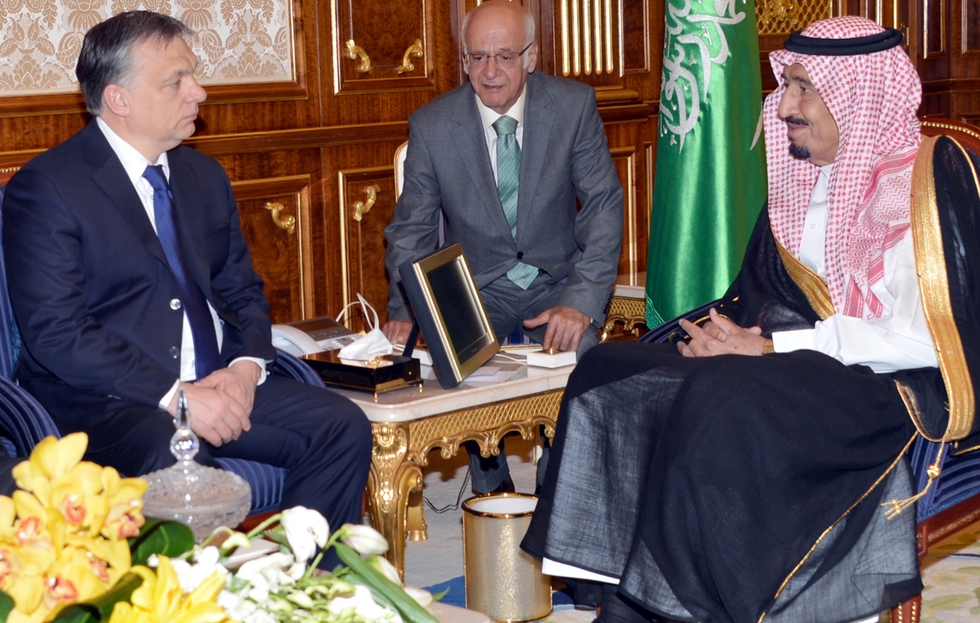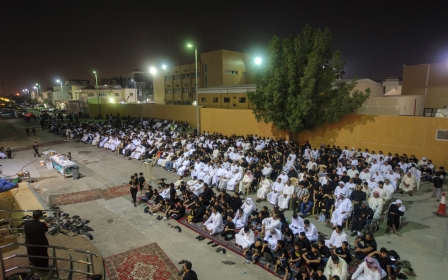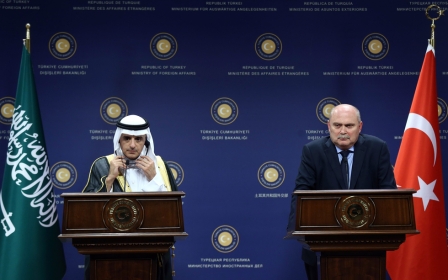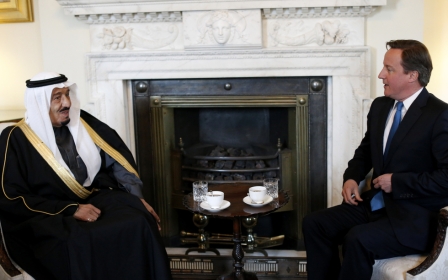Saudi Arabia and Hungary sign nuclear energy pact

Oil giant Saudi Arabia, which is trying to diversify its energy sources, signed an agreement on Monday with Hungary to cooperate in the use of atomic energy.
It is the latest pact of its kind signed by Riyadh, which earlier this year reached similar agreements with Russia and South Korea.
The deal with Hungary includes cooperation in reactor design, construction and operation, security, waste management and training, the official Saudi Press Agency (SPA) said.
Hashim bin Abdullah Yamani, president of the King Abdullah City for Atomic and Renewable Energy (K.A.CARE), signed the latest deal with Hungary's Minister of National Development Miklós Seszták.
The agency quoted Yamani as saying that the agreement with Hungary will help the kingdom to establish atomic and renewable energy in a sustainable way to help preserve depleting hydrocarbon resources.
Hungary signed a deal last year with Russia's Rosatom to expand its sole nuclear plant, Paks, with two power blocks of 1,200 megawatts financed with a 10-billion-euro ($11-billion) loan from Moscow.
Saudi Arabia is entirely dependent on oil and gas for its electricity production, and according to SPA its energy demand is growing between six and eight percent annually.
In June, France and Saudi Arabia announced a feasibility study for building two nuclear reactors in the kingdom.
SPA said Saudi Arabia has reached additional cooperation pacts with China, Argentina and Finland, and hopes for more.
The late King Abdullah established K.A.CARE in 2010 to develop alternate energy, including atomic power.
Saudi Arabia is pursuing its own nuclear projects while it worries about the nuclear drive of its regional rival Iran.
In July, six world powers signed a historic deal with Iran to curb its nuclear capabilities in exchange for the easing of sanctions that have crippled its economy.
Tehran insists it is not seeking an atomic bomb.
New MEE newsletter: Jerusalem Dispatch
Sign up to get the latest insights and analysis on Israel-Palestine, alongside Turkey Unpacked and other MEE newsletters
Middle East Eye delivers independent and unrivalled coverage and analysis of the Middle East, North Africa and beyond. To learn more about republishing this content and the associated fees, please fill out this form. More about MEE can be found here.




